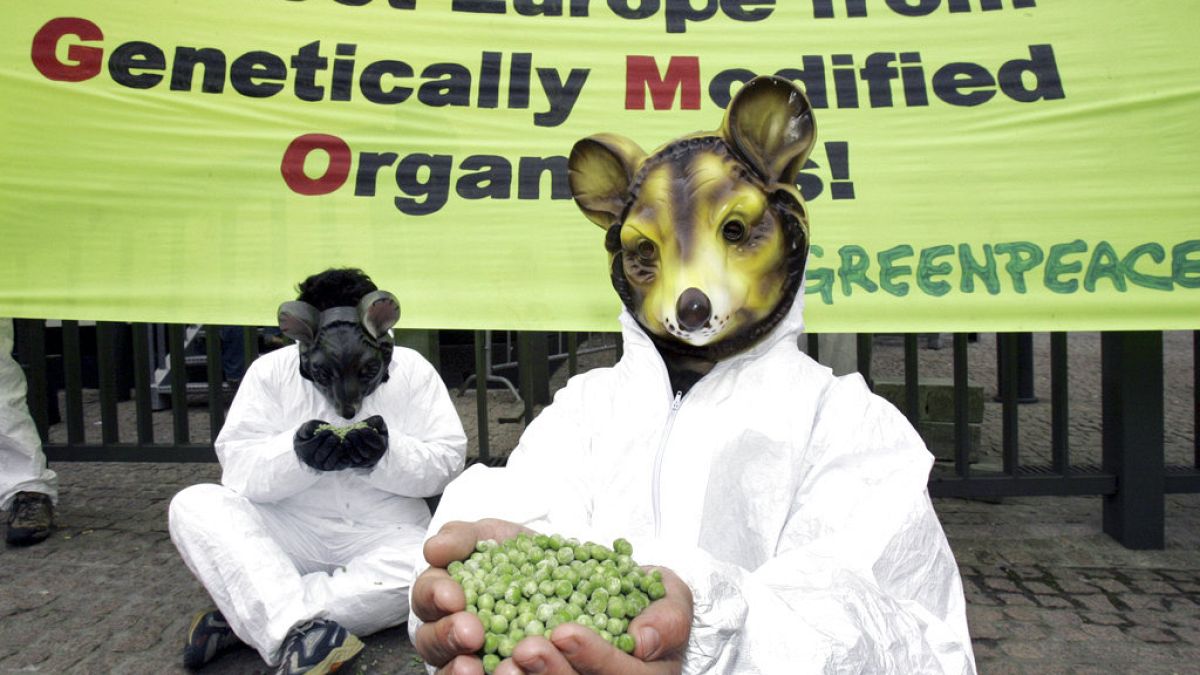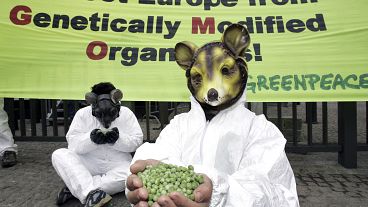Belgium is looking to break a deadlock among EU governments over a proposed easing of regulation for GMO crops produced using the latest gene editing techniques, by addressing concerns over the patenting of novel seed varieties by agribusinesses.
Belgian officials have proposed that patented plant strains should be excluded from light-touch regulation for genetically modified crops produced using modern DNA editing technology, as the current holder of the EU Council presidency seeks to clinch agreement on new rules before its term expires at the end of June.
Under a proposal to reform the GMO Directive, the European Commission has proposed creating a new category of genetically modified plant products whose genome has been modified with a limited number of tweaks using targeted mutagenesis techniques developed since the legislation was adopted over two decades ago. Conventional GMOs were produced by inserting a whole gene from one organism into another.
With signals from the EU Council suggesting an inter-governmental agreement was unlikely before the European elections in June, the European Parliament last month finalised its first reading position on the hotly debated bill, in order to avoid having to restart negotiations from scratch when the new assembly takes office in July. A key sticking point was the question of patentability.
Under the compromise suggested by Belgium, to be discussed by government delegates on 22 May in an agriculture working group, applicants would have to demonstrate that a strain created with new genomic techniques (NGT) is not protected by any patents in any EU member states, and “commit not to exercise their rights on the NGT plant in the European Union as long as it is declared category 1 NGT plant status”.
The proposal for a lightly regulated new ‘category 1’ is based on the assumption – disputed by environment activists and organic farming groups – that an identical plant could have arisen in the wild or could be created using conventional breeding techniques.
The draft compromise text, seen by Euronews, also deletes an exclusion from the GMO-lite category of herbicide-resistant strains of GMO plants – used to create huge monocultures in a production model that has so far failed to take root in Europe due to a lack of public acceptance.
The German NGO Testbiotech, a vocal critic of the proposed deregulation, said the risks associated with the new-generation GMO products had nothing to do with their status under patent law. “There is undeniable evidence of significant risks associated with the introduction of NGT plants,” the group said in a statement, noting that the parliament wanted a ban on patents for all GMOs, not just the newer types.
Agriculture ministers rejected in December an earlier effort by Spain – the only country in Europe where any significant cultivation of GMO crops takes place – to break the deadlock on the overhaul of GMO regulations, with several countries, including Germany, expressing concerns over the need for mandatory labelling and a lack of social acceptance.



